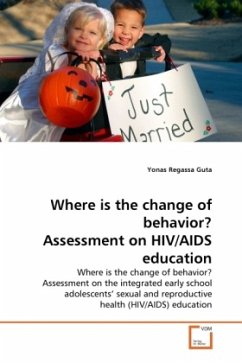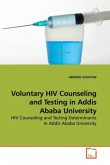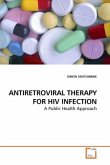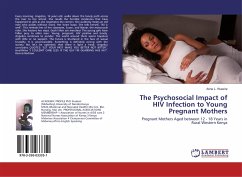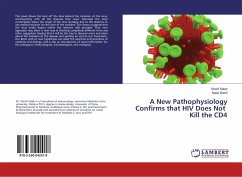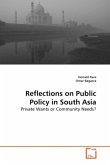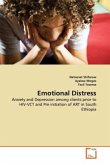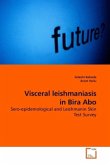Despite high level of HIV/AIDS knowledge, almost all still fails to take precautions against contracting the virus. HIV/AIDS education was integrated for more than a decade into school adolescents' sexual and reproductive health education so as to track behaviour. However, persistent denial in change of behaviour has exacerbated the expanding horizon of HIV/AIDS. This study examines the integrated early school adolescents' sexual and reproductive health (HIV/AIDS) education and determines some prognostic factors which may cause denial of change of behaviour in their late adolescent and adulthood life. A cross-sectional study inquiring into determinants, comparisons and correlates of knowledge, attitudes and practice was conducted. A multi-system perspective, an approach that focuses on the reciprocal relations among the students, the teachers and teaching-learning materials on the domains of learning was employed. The findings emphasis on the significance of providing competent HIV/AIDS education which enhance domains of learing, with specific attention to practical skills, and hence their synergy augments practical behaviour.
Bitte wählen Sie Ihr Anliegen aus.
Rechnungen
Retourenschein anfordern
Bestellstatus
Storno

